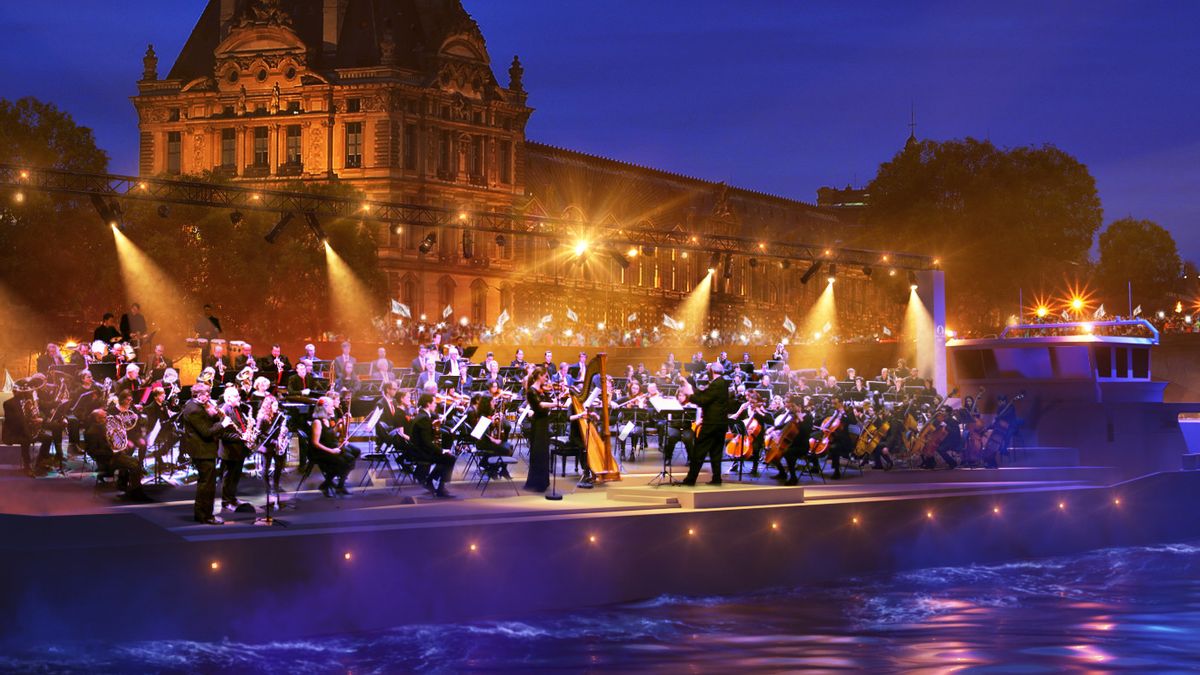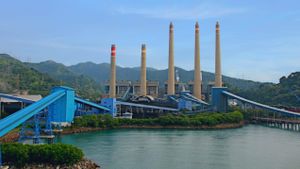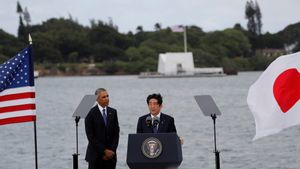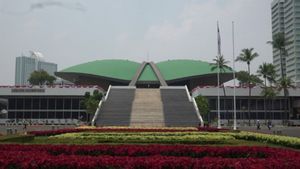JAKARTA - The opening ceremony of the Paris Olympics on July 26, 2024, will take place on the River Seine, breaking the tradition of previous Summer Olympics which usually consisted of a procession of athletes and officials in a stadium.
More than 160 boats filled with athletes and officials from more than 200 countries will sail the nearly 6 kilometers between the Pont d'Austerlitz and Pont d'Iena bridges in central Paris, while closing ceremonies are scheduled to be held at the Trocadero, a stretch of park and gardens. fountain overlooking the Eiffel Tower.
"Today is an extraordinary moment," said Tony Estanguet, a three-time C1 Olympic canoe gold medalist who heads the Paris 2024 organizing committee.
26/07/2024 - Are you ready for this?On the River Seine, the most spectacular & accessible Opening Ceremony in Olympic history. Open to all, open to you! Sur la Seine, la plus grande cérémonie d'ouverture des Jeux Olympiques. Ouverte tous, ouverte vous !#Paris2024 pic.twitter.com/5th1CEeZAe
— Paris 2024 (@Paris2024) December 13, 2021
"There's a lot of emotion, a lot of enthusiasm. The opening ceremony is by far the biggest differentiator."
Organizing committee for the 2024 Paris Olympics predicts there will be a crowd of 600,000 people for what they call the biggest Olympic ceremony ever.
Part of the community will be scattered along the banks of the River Seine in the ticket stands while the rest will be able to take part free of charge.
French President Emmanuel Macron approved the idea of holding a ceremony on the Seine in July despite some raised concerns about how best to ensure safety for such a major event that passes through many famous parts of the iconic Parisian cityscape.
Security officials had asked for a limit of 25,000 people, while organizers and Paris city hall had originally proposed two million, according to a mayoral source.
Prime Minister Jean Castex oversaw an inter-ministerial committee meeting last month where he asked Interior Minister Gerald Darmanin to make some "suggestions" regarding security for the Olympic venues, particularly the opening ceremony.
Castex said he wanted proposals "by the end of the year for the opening ceremony and by June 2022 for all sites and events".
"The interior ministry and the whole government support this ceremony," Estanguet said, adding police would be assisted by private security along the 12km stretch of accessible riverbank.
In an interview with AFP, Estanguet spoke of his "absolute pride" for working on the idea.
"For the first time in Olympic history we will host a procession of athletes in the center of the city, over the river Seine," he said.
"10,500 athletes from 206 countries will come to Paris and cross the city from east to west to see and discover the most beautiful city views in our country.
“We estimate at least 600,000 people, which is 10 times more than in a stadium like the Stade de France for example.
"This is truly an unprecedented first," he said, "where we have managed to combine the most beautiful aspects of our history, our culture, our heritage."
Estanguet said that while it would be "very spectacular", the ceremony would also be "very popular", accessible to the largest number of people, including some free of charge, a first for an Olympic opening ceremony.
"As a legacy of Paris 2024, we want to leave France as a sportier country and our Olympics started with the ambition of opening up opportunities for everyone to take part," he told AFP.
This will apply to the opening ceremony, as well as to the marathon, which will be open to the general public to take part."
Beach volleyball will be held in the shadow of the Eiffel Tower, archery at Les Invalides and the so-called 'urban sport' freestyle BMX, skateboarding, break and 3x3 basketball at la Place de la Concorde, Paris' largest square in east end of the Champs-Elysees, arguably the most famous street in the world.
"The desire to take sport away from stadiums to make it more accessible to as many people as possible is in the DNA of Paris 2024," said Estanguet.
The English, Chinese, Japanese, Arabic, and French versions are automatically generated by the AI. So there may still be inaccuracies in translating, please always see Indonesian as our main language. (system supported by DigitalSiber.id)











